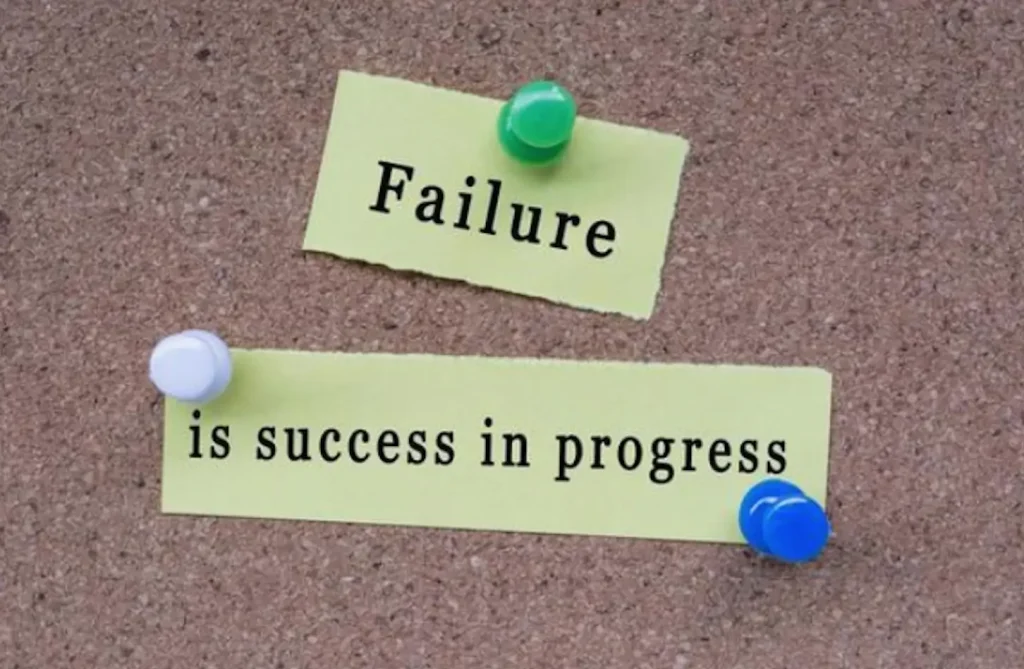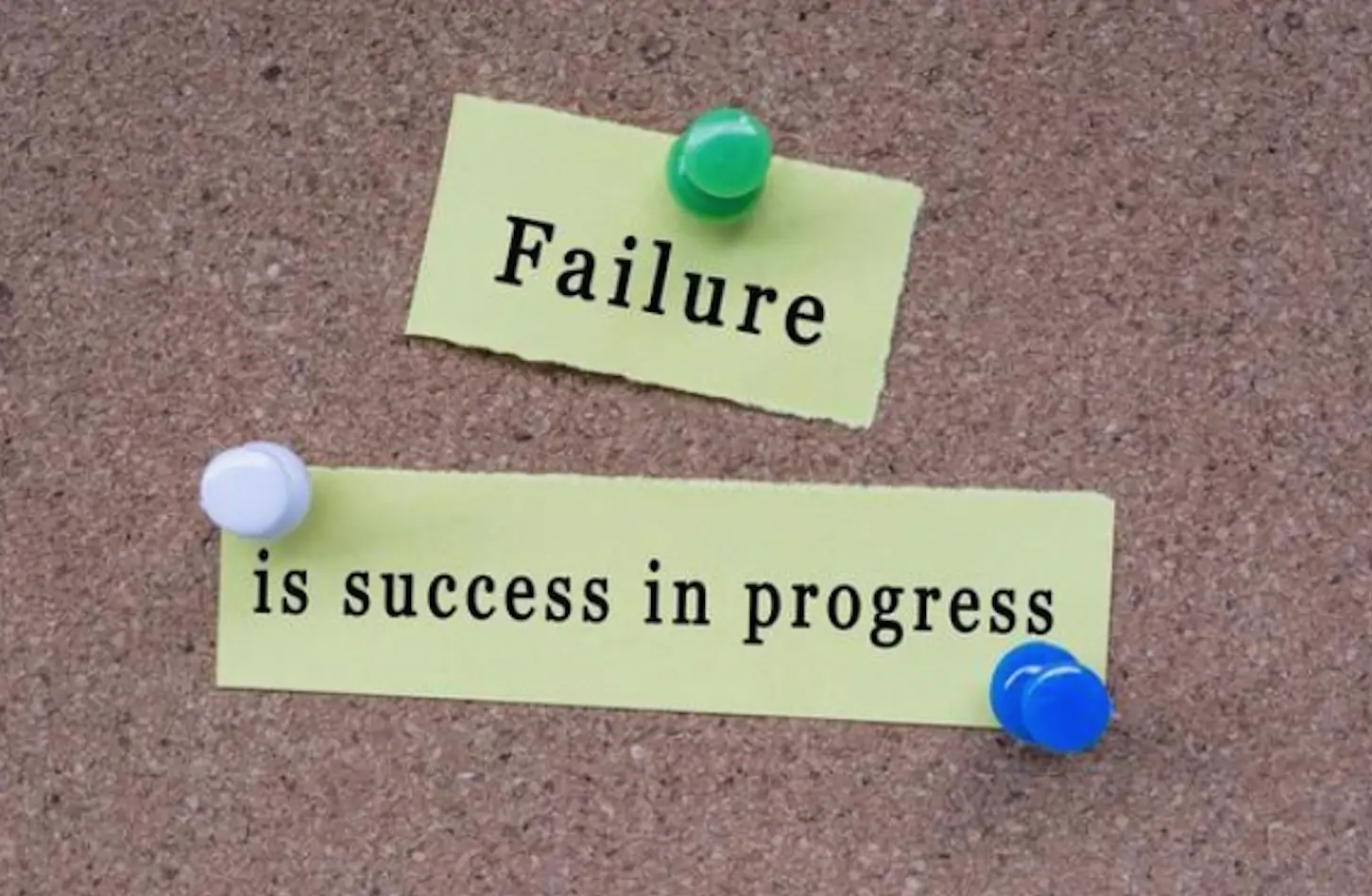Our earliest experiences don’t just become memories — they shape the lens through which we see the world. The way a parent responds to our needs, how teachers treat us, and even small moments of encouragement or criticism create early “blueprints” for how we relate to ourselves and others.
Perfectionism often grows out of a deep desire to feel safe and accepted. This conditioning follows us into adulthood, showing up in our work lives in ways that can feel confusing and self-limiting.
Why does this happen?
Before the age of 3, the brain is only about 25% developed. At this stage, we can’t interpret the context of what we experience – we don’t see that a single mother is overwhelmed with responsibilities or that parents are exhausted and arguing. We only feel that we must keep the peace, be perfect, and not add to their burden.
This pattern is especially common among high achievers or those who internalized the message that ‘good enough’ is never enough. For the anxious child, perfectionism becomes a way to manage self-doubt and fear of failure, often compensated by a desire to gain control.
This craving for authority to avoid criticism or failure contributes to an increased feeling of pressure and a relentless pursuit of perfection, which creates a vicious cycle in which anxiety and perfectionism continue to feed each other.
So, are we victims of our inner child? No
Ask yourself: ‘I have to be perfect, or…?’
Through self-reflection, we can befriend our inner child and reclaim responsibility for our true worth. Recognizing our triggers, we free ourselves from limitations that never truly belonged to us – and step forward with greater confidence.
Which message has been creating your need for perfectionism?
How does it show up in your work life?
For more details go to: https://www.bouncebackwithina.com/cbt/






